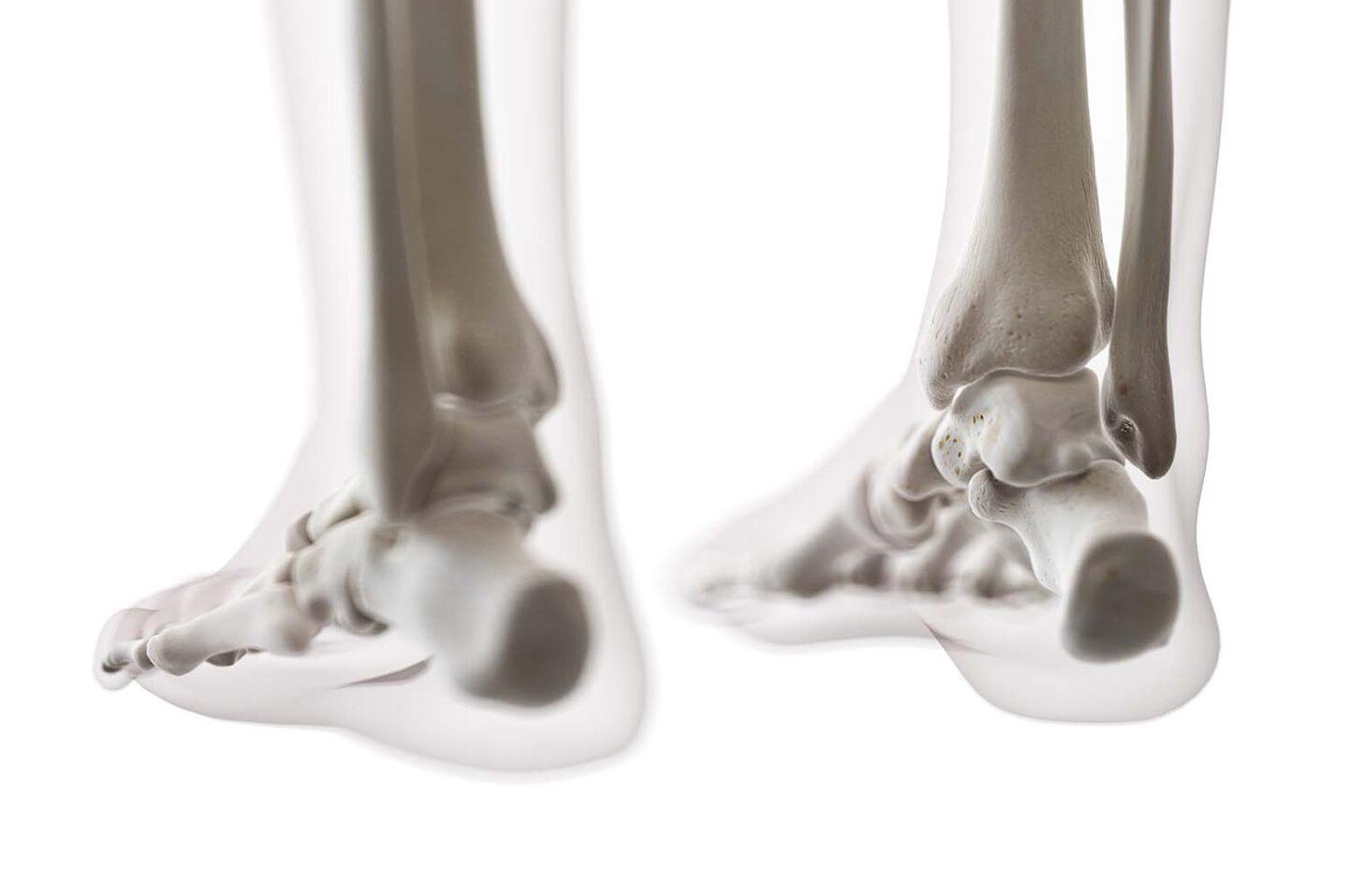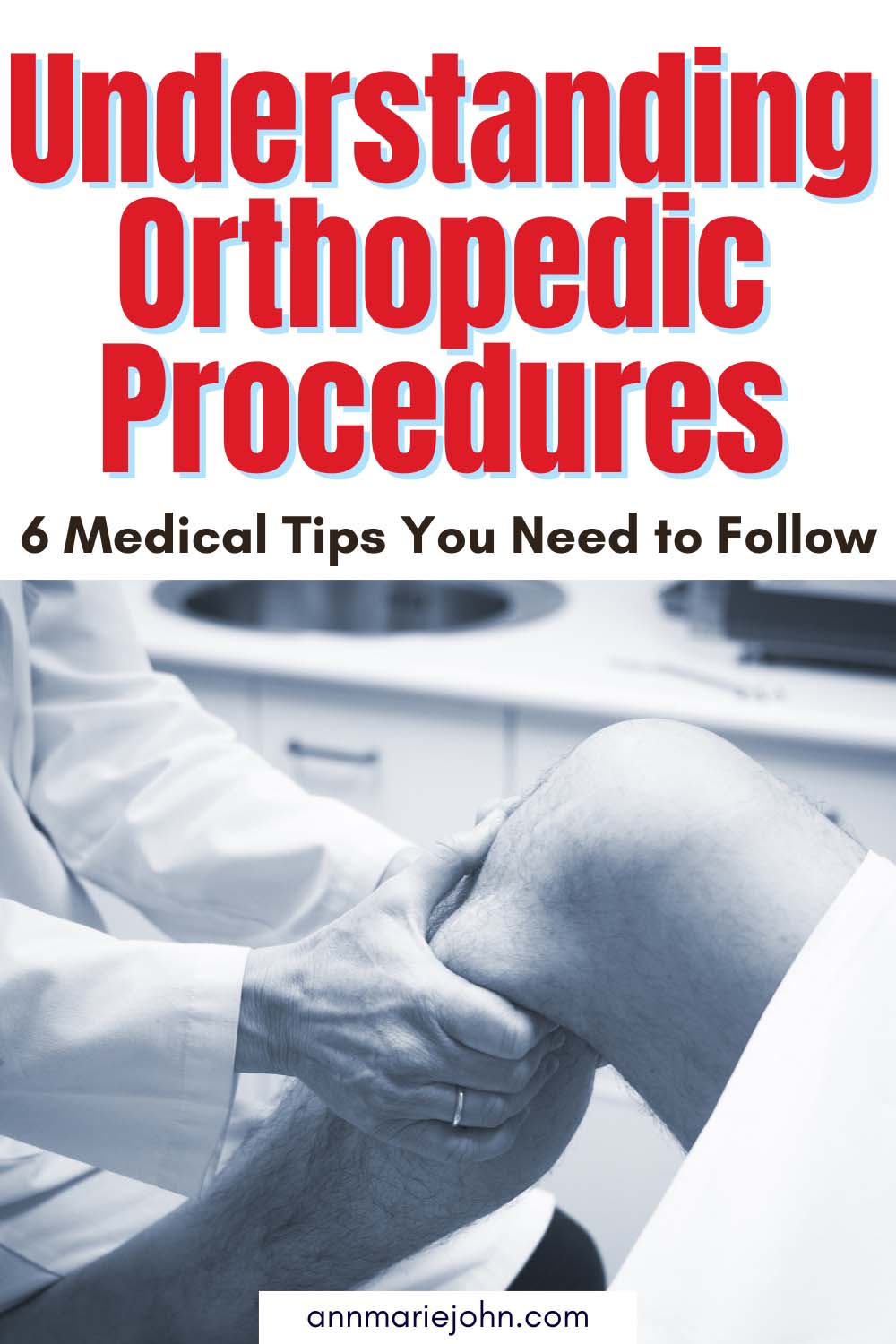Get ready for orthopedic surgery with these essential tips. Prepare yourself for the process and ensure a successful procedure.

Orthopedic surgery is a big decision that requires careful consideration. No matter whether you’re having surgery to fix a joint or examine an accident injury, it’s always a good idea to prepare yourself for the process ahead of time. Before your operation, your surgical team will definitely go over every detail with you. Still, it never hurts to have a cheat sheet with some suggestions you may not have considered on hand. So, here are some important tips to follow to understand orthopedic procedures:

Be honest with your doctor
To be ready for anything that is coming, you need to be completely honest about your health condition. Doctors work hard to treat each patient with the respect and dignity they deserve. They could fail to notice some details because of their hectic schedules or excessive workloads. Be sure your surgeon has all the necessary information for a successful surgery by being well-prepared for your pre-op visit. Include all your vitamins, prescriptions, medical history (both personal and family), and any special instructions.
Tell them if you are allergic, sensitive, or have any side effects from any drugs. Preventing drug mistakes requires open communication with your healthcare practitioner.
Choose the best surgeon
To begin, see your primary care physician for a list of recommended specialists. Make an appointment to visit each orthopedic surgeon to check whether they are the best choice. The more years of expertise a doctor has in the field, the higher the chance that you will have successful medical or surgical treatment for your complicated orthopedic issues. So, if you want to look for orthopedic surgeons in Atlanta, check their experience, how many procedures they have performed, and the complication rates they have encountered. Also, make sure the doctor you have chosen is easy to communicate with and willing to accommodate your requests. The best orthopedic surgeons take the time to get to know their patients, take their treatment preferences into account, and respect their patient’s autonomy in making treatment decisions.
Avoid food or drink before surgery
Because the effects of general anesthesia will temporarily dull your reflexes, you should avoid eating and drinking in the hours leading up to the procedure. While under or after anesthesia, vomiting is possible. Anesthesia may bypass the body’s natural defenses against inhaling food you spit up. As a result, post-operative difficulties like choking are possible. Additionally, food has the potential to enter the lungs and impact respiration. When your doctor tells you to quit eating or drinking, be sure to follow their orders.
Prepare all the paperwork and hospital documentation
Make sure you’ve sent back all of the papers from your booking packet to the medical facility. If the private hospital already has your information, you may save time and avoid filling out paperwork by registering online. Except for blood thinners, you may take your regular prescriptions with a small glass of water, as long as the anesthetist tells you to.
Also, you should bring to the hospital all your X-rays and any other relevant medical records. Before arriving at the hospital for major joint replacement surgery, you may have been given an antiseptic wash to use in the shower. Take off any eyewear, jewelry, timepieces, fake nails, or contacts. Do not use any aftershave, perfume, facial moisturizer, or body oil. Put on some loose-fitting, comfy clothes and slip-resistant, flat shoes with a soft sole.
Get enough sleep
The body’s ability to restore itself is hindered and stress levels rise when people don’t get enough sleep. Resting well before surgery gives the body the fuel it needs to fend off infection and recover quickly. Anxiety before surgery may be better managed with a good night’s sleep. For the best possible health outcome, make sure you receive 7-8 hours of sleep without interruption.
Work on your fitness and optimal weight
Although it may be tempting to put off exercising until after surgery, getting in shape and stretching before surgery is a great strategy to reduce the amount of time you need to recuperate. You will have an easier time navigating physical therapy after an orthopedic operation if you are in good physical condition before the procedure. Before your surgery, it’s also a good idea to get in touch with your physical therapist to see if they have any pre-op instructions they can provide you with. To improve your flexibility and strength, you may use resistance bends or anything else they suggest.
A person’s joints might experience significant strain if they are overweight. If you want your surgery and recuperation to go well, one of the best things you can do is to become healthy and get your body mass index (BMI) down to a healthy level before the operation. Avoid simple sweets and fatty meats and instead focus on a diet rich in fiber, Omega-3 fatty acids, and complex carbohydrates.
Arrange post-surgery help at home
Who will assist you in getting well? Who is going to be your driver? Will it be possible for you to recover at home or somewhere else? So that you aren’t left alone to fumble about while you heal, be sure to remember all of these things before your operation. It could be helpful to collect all of your necessities and set up a recovery area on one level if your house has more than one story. You can also use this to move objects that are high and difficult to reach in your kitchen and bathroom to a more accessible counter. Also, in crowded spaces, be sure to remove all potential dangers, including carpets, cables, etc. Think about what you can do nutritionally to speed up your recovery, and have someone by your side helping you out with all these activities.
In Conclusion
Preparation is key for every surgery, but it’s absolutely critical for orthopedic surgery. Orthopedic surgery may be scary for people who are normally extremely active and self-reliant because of the restricted mobility and extended recuperation periods that follow. Fortunately, if you follow these instructions, your operation will go off without a hitch, and you will recover quickly and easily.
